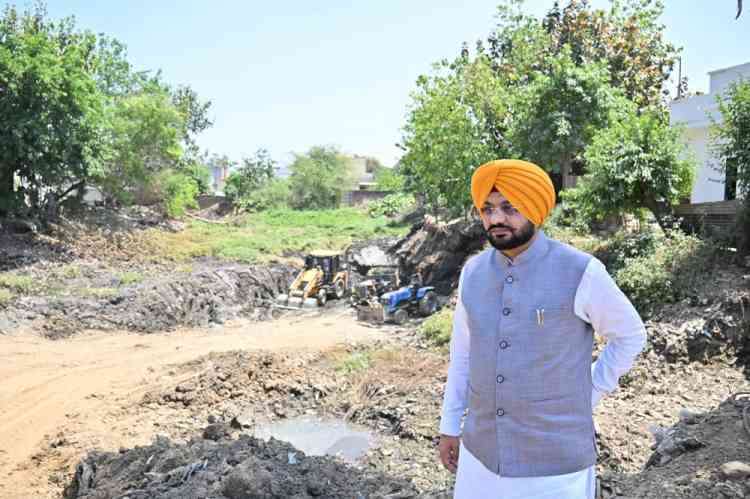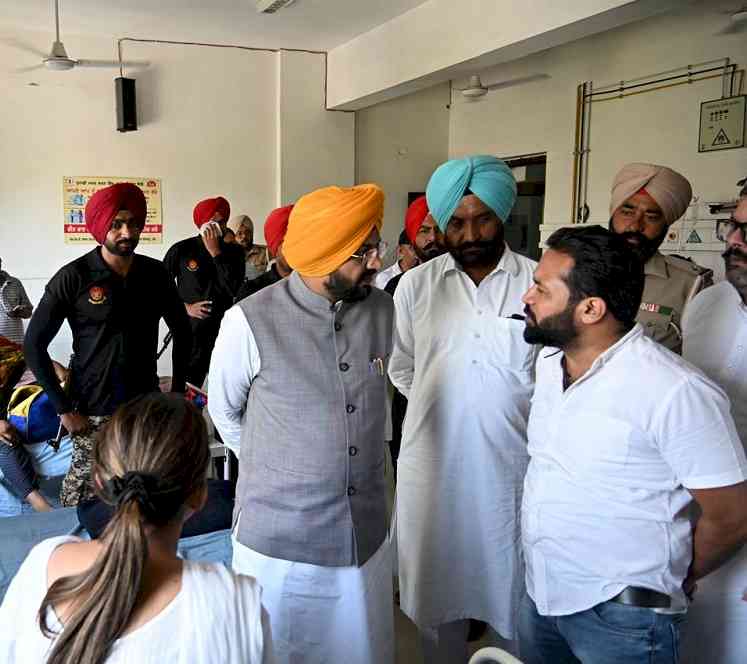DMCH completely stroke ready hospital in Ludhiana District

Ludhiana, October 29, 2021: World Stroke Day is observed on 29th October every year with the aim to raise awareness about stroke. This year's theme for this day is ‘Minutes can save lives’ which means every minute matters.
According to Secretary DMCH Managing Society, Prem Kumar Gupta said that the Neurology Department at DMCH has the state of the art facilities for early detection and managing the stroke.
Dr Gagandeep Singh Professor and Head Department of Neurology said that it is important that every person should be able to recognize the symptoms of stroke. These symptoms can be recognized early by anyone by remembering the acronym FAST which stands for F- Face weakness or numbness; A- Arm weakness or numbness; S – Speech problems; T- Time. Anyone who experiences the above symptoms should report to the Emergency Department of a stroke ready hospital so that he/ she may be given the required clot busting medicine if applicable.
DMCH is a completely stroke ready hospital in Ludhiana District. The “T” in FAST is ‘Time’ is important because the clot busting injection is useful if it is given within 3 to 4 hours (the golden period). For this, patients with stroke will be given every patient and fast tracked in the DMCH emergency.
In his message, Dr Rajinder Bansal , Professor Department of Neurology said winter season increases the rate of stroke as cold weather makes blood vessels shrink which can increase blood pressure that is a major risk factor for stroke. Further Dr Bansal said that to prevent stroke during winter season follow 20:30:40 rule. Take sunlight for 20 minute on a daily basis, Intake 30 % of protein in daily calories and do physical exercise for 40 minute.
Dr Birinder S Paul Professor, Department of Neurology said that stroke is preventable and treatable, its early detection can reduce brain damage and other complications. Further Dr Paul highlighted the factors that increase the risk of stroke which include high blood pressure, smoking, diabetes, high blood cholesterol levels, intake of alcohol, high salt and high fat diet and lack of exercise.
Dr Monika Singla, Professor Department of Neurology highlighted the importance of rehabilitation following stroke, rehabilitation including physiotherapy, occupational and speech therapy plays an important part in reducing the disability due to stroke. DMCH has the fully equipped rehabilitation and occupational services from 8:30 to 4:30 pm (excluding Sunday)


 cityairnews
cityairnews 









